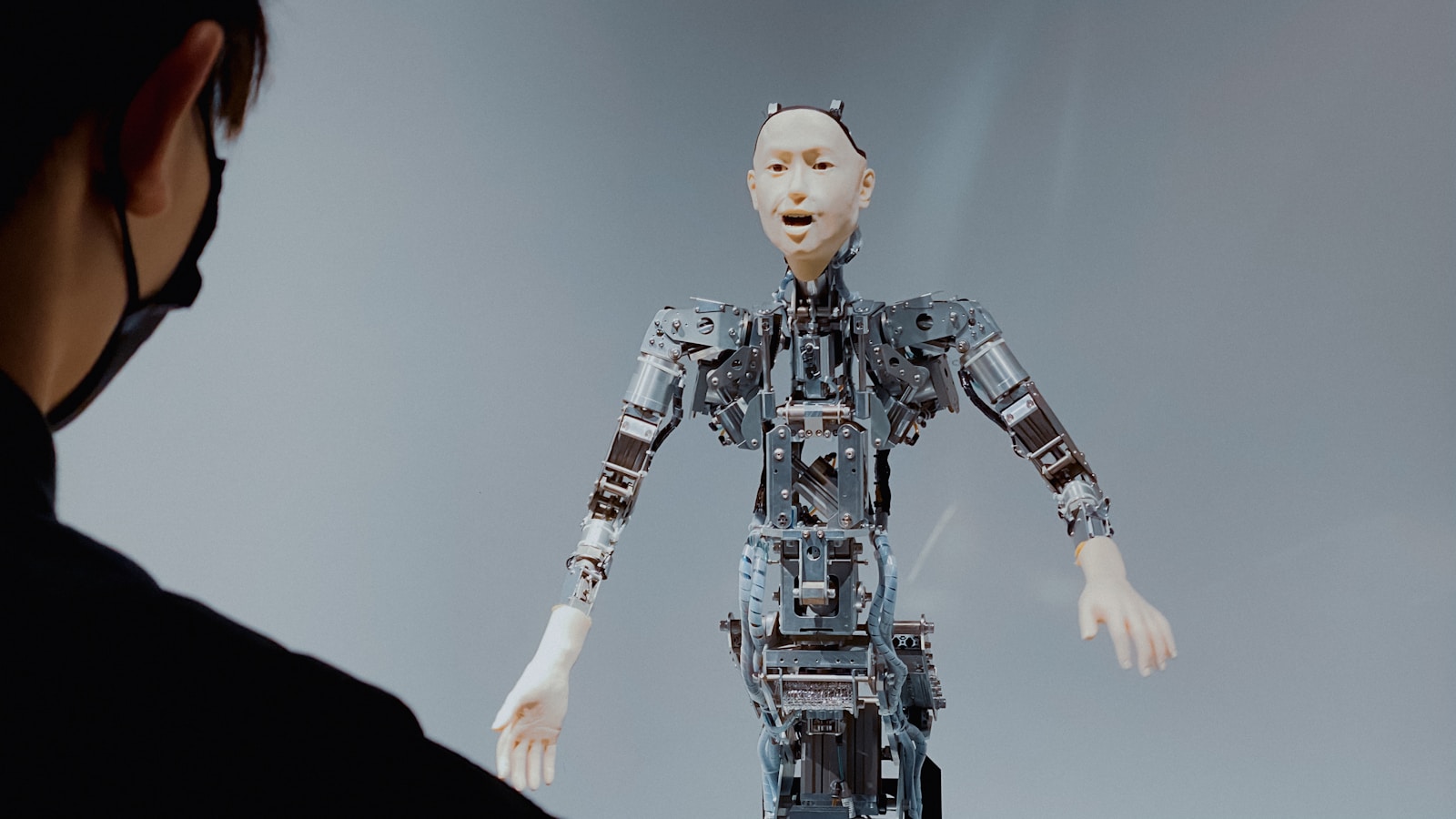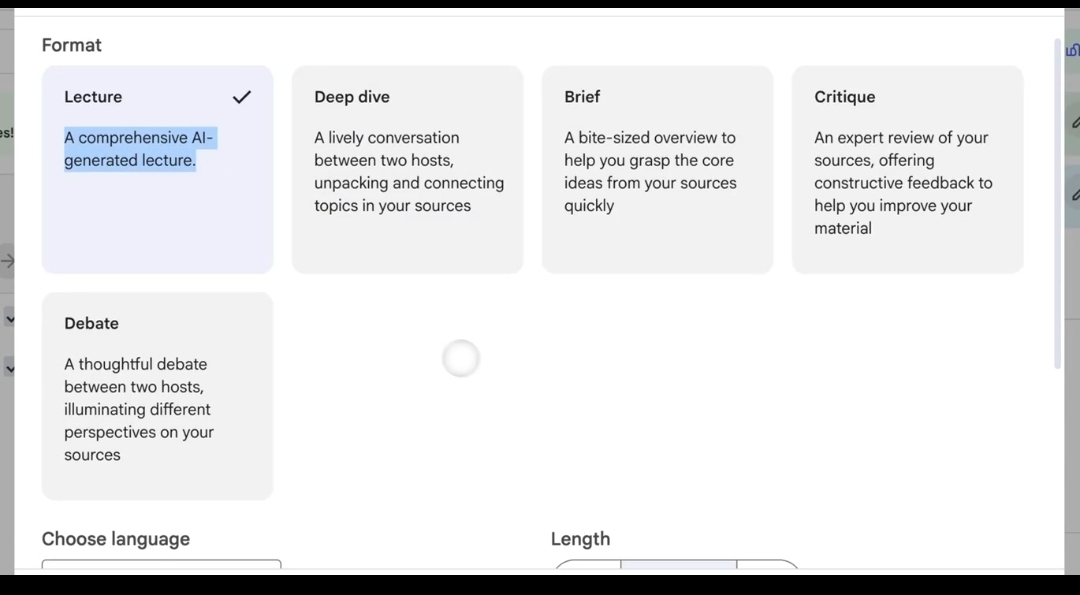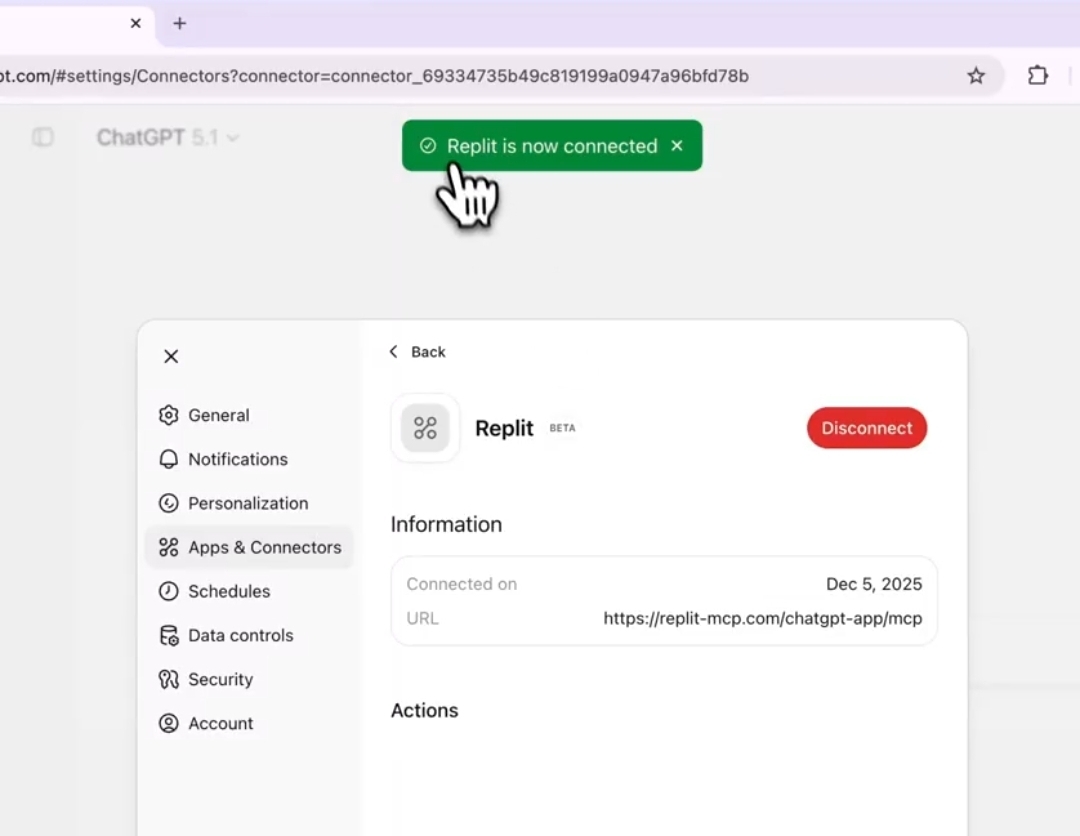What Makes Nano Banana AI a Game Changer for Everyday Users?

Google has officially rolled out Nano Banana AI, a special image generation and editing tool that’s already reshaping the generative AI landscape. Also known as Gemini 2.5 Flash Image, this model was developed by Google DeepMind and is being recognized as one of the best image editing tools worldwide.
What Is Google’s Nano Banana AI (Gemini 2.5 Flash Image)?
The AI is accessible through the Gemini app on Android, iOS, and web browsers. Developers can use it via the Gemini API and Google AI Studio, while enterprises have access through Vertex AI.
Why Did Google Name It “Nano Banana”?
The name “Nano Banana” reflects both efficiency and personality. Nano signals something small, fast, and lightweight, while Banana likely began as an internal code name that stuck.
The buzz started when Sundar Pichai posted three banana emojis on X. Soon after, the world discovered it was a teaser for this new AI model. Searches for Nano Banana spiked, making it a trending topic within hours.
What Features Make Nano Banana AI Stand Out?
Nano Banana AI packs a wide range of powerful features designed for creativity and precision.
Creative Edits and Smart Blending
Users can add new backgrounds, cartoon-like effects, or merge several images. The AI blends photos smoothly, keeping proportions and details intact.
Appearance Tweaks
Outfits, hairstyles, and backgrounds can be changed in playful ways. Faces, pets, and key details remain consistent across edits, avoiding the uncanny errors common in other tools.
Photo Blending and Scene Creation
People and objects can be placed into entirely new settings. Users can, for example, move a pet from a living room to a beach with just a short prompt.
Multi-Turn Editing
Edits can be applied step by step. A user might redesign a room, add new furniture, and then insert themselves into the photo, while the AI preserves style and quality.
Design Blending
Textures and patterns transfer seamlessly. Imagine clothing with flower-petal textures or a sky filled with glowing butterflies.
Advanced AI Reasoning
Nano Banana doesn’t just guess. It interprets context, intent, and wording, turning short text prompts into logical and detailed images.
3D Object Awareness
Though it works with 2D images, the AI understands 3D relationships. Objects can be shifted or reshaped without breaking the scene’s realism.
Style Consistency
Colours, lighting, and overall aesthetics remain uniform across edits. If an object is removed, the AI fills the gap naturally.
What Is the User Experience Like with Nano Banana AI?
Using Nano Banana AI is simple. Users upload or select a photo, enter a short prompt (under 100 words), and receive high-quality edits within seconds. They can continue to refine results, switch backgrounds, and experiment freely.
One major strength is sharpness. Unlike other editors that blur faces or fade details after multiple edits, Nano Banana preserves clarity. Google credits this to DeepMind’s “semantic understanding of the real world,” which ensures edits feel natural.
Speed is another highlight. Most edits take only one to two seconds, making it lightweight and efficient compared to traditional, GPU-heavy AI models.
How Much Does Nano Banana AI Cost?
Every Nano Banana image carries a visible watermark and Google’s invisible SynthID digital tag for authenticity.
The model costs about ₹2,496 ($30) per 1 million output tokens, or roughly ₹3.24 ($0.039) per image. Both free and paid Gemini users worldwide can access these features.
Nano Banana has sparked debate in creative circles. Some speculate it could replace tools like Photoshop, but its real strength lies in complementing them. Professionals may continue using Photoshop for advanced work, while Nano Banana streamlines routine edits like background removal or quick mock-ups.
For everyday users, it makes high-quality editing accessible without expensive software or technical skills.
What’s Next for Nano Banana AI?
Nano Banana represents more than just another app—it’s part of a broader shift toward smaller, faster, and eco-friendly AI models. Future versions aim to run smoothly on common devices like smartphones and even smartwatches, without depending on constant cloud power.
By lowering costs and energy use, Google positions Nano Banana as both a creative tool and a sustainable choice. Its long-term goal is clear: make advanced image creation as simple as typing a short idea, no matter who you are or what device you use.
RECENT TRENDS:
- New 2026 Study Reveals the Political Bias of 19 LLMs
- Leak: NotebookLM Testing 30-Minute AI Lectures and Single-Narrator Mode
- How to build your first app right inside ChatGPT
- Xbox Just Confirmed GTA 6 is the Largest Game in History
- Major Upgrade Is Being Rolled Out for Google’s NotebookLM Through Gemini Integration
- OpenAI Offers Free ChatGPT Go Plan for One Year to Users in India





